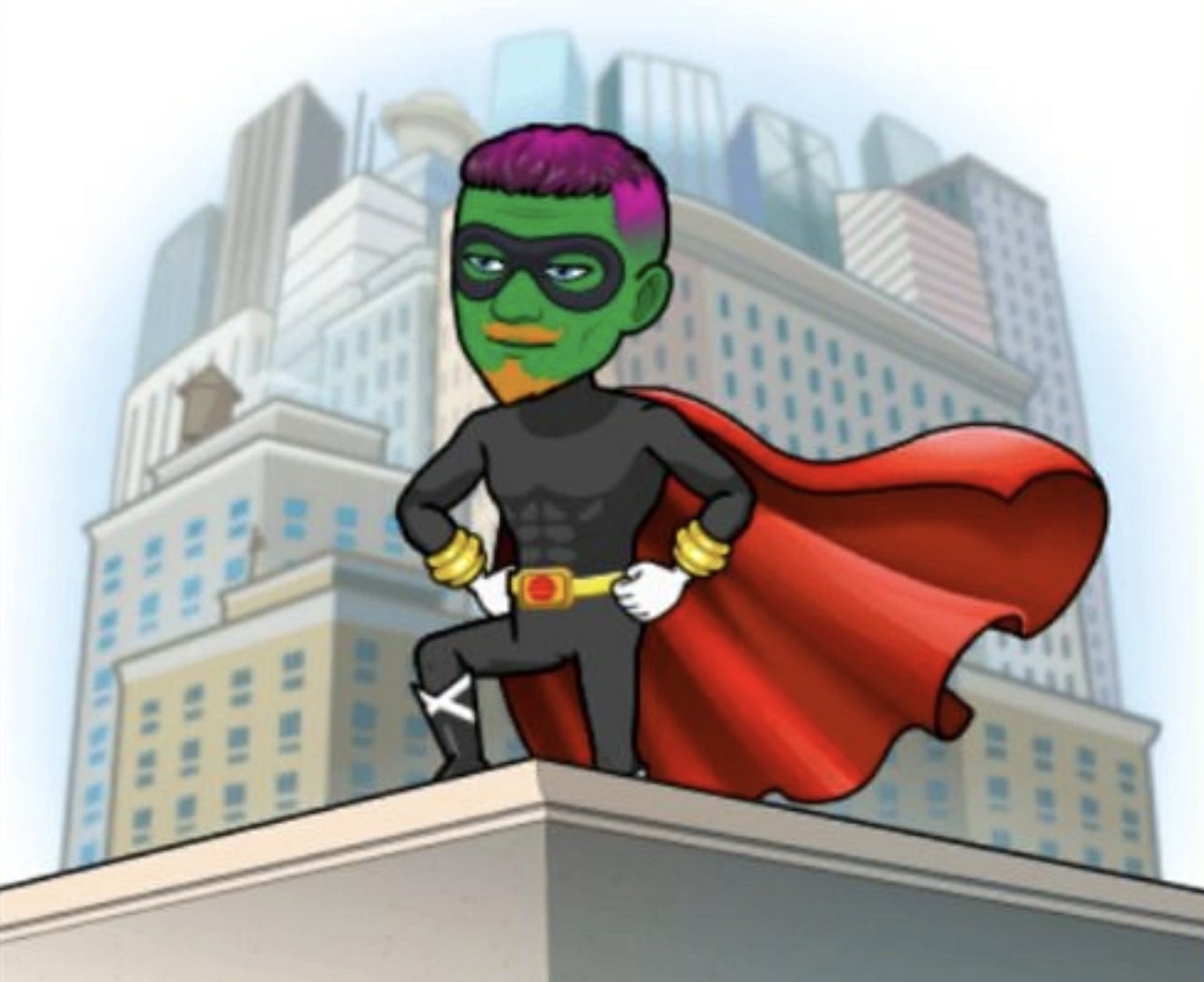Analysis and Commentary on Stanley Kunitz’s “Snakes of September” Poem
When I first realized this poem was about snakes in a garden, my first assumption was that the theme would be around good vs. evil, as in The Snake in The Garden, of Biblical lore.
While this does not appear to be that sort of snake and garden relationship, the use of words and sounds in this poem does seem to reinforce the human mind’s sometimes automatic defense mechanisms and stereotypes about snakes. For the record, I do NOT like snakes…ugh!
Words and phrases such as “rustling,” “whisper,” “a shadow,” “torpor of blood,” “slipped,” “nether world,” and “deceptive,” all evoke negative thoughts of snaky sneakery as they slither out of their green hallows to slip once again into our world of order and gardened plots.
The poet refers at one points to the snake presence in “that spoiled …garden,” but juxtaposed to this garden, the snakes are welcome visitors (renters/squatters?) in his cultivated “green brocade.”
And, unlike the infamous snake of yore who, in some versions, hung down from the Tree of Knowledge of Good and Evil to tempt Eve, these more copacetic snakes are just hanging around on a “north-country spruce,” like a couple of upside-down dogs, just waiting to be petted. The poet takes our base assumptions and turns them around. Instead of the Devil in snakeskin, we have Fido and Spot just chilling…literally, as the poet explains that the “torpor of blood,” that afflicts these cold-blooded critters makes them a bit logy as the heat of the day escapes into the twilight of the eve.
Part of my reading of the poet’s actual real-life relationship (and the torpor of the blood meaning), I got from an NPR article on Stanley Kunitz at https://www.npr.org/sections/krulwich/2013/09/05/218543796/wild-things-hanging-from-spruce-trees. This was a great article that explained the history of the gardener’s relationship with his snake buddies. Reading that article really fleshed out the meaning of the poem for me, and also highlighted my original concept of the poet’s intentional use of snakes and gardens to turn the Genesis story on its head. I still would never pet a snake though…yuck!
Like this poetry review? We have more poetry reviews and commentaries for you!

